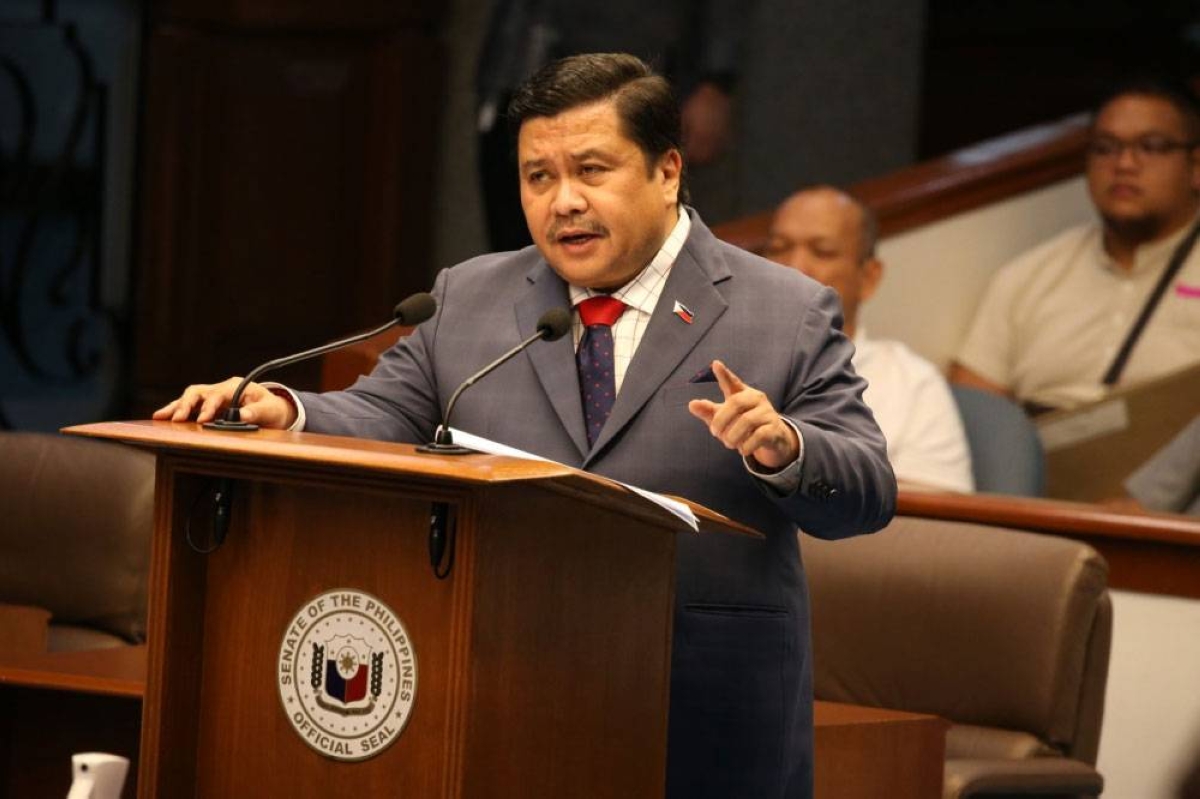In a significant move towards achieving lasting peace, the Senate of the Philippines has adopted three resolutions concurring with President Ferdinand Marcos Jr.’s proclamations granting amnesty to communist and Muslim rebels. This congressional concurrence reflects the support of the Filipino people for comprehensive peace efforts and the government’s genuine commitment to peace.
Senator Jose “Jinggoy” Estrada emphasized the importance of these resolutions, stating that they would not only foster healing and social cohesion but also provide an opportunity to end the internal armed conflict and rebellion that have resulted in lost economic opportunities and countless lives.
The amnesty program is expected to benefit around 2,000 former members of the Moro National Liberation Front (MNLF), 1,200 from the Rebolusyonaryong Partido ng Manggagawa ng Pilipinas/Revolutionary Proletarian Army/Alex Boncayao Brigade (RPMP-RPA-ABB), and 400 Moro Islamic Liberation Front (MILF) surrenderees. These individuals will have the chance to avail themselves of amnesty for crimes committed in pursuit of their political beliefs, such as rebellion or insurrection, sedition, illegal assembly, direct and indirect assault, resistance and disobedience to a person in authority, and illegal possession of firearms, ammunition, or explosives.
It is important to note that the amnesty does not cover heinous crimes such as kidnap for ransom, massacre, rape, terrorism, crimes against chastity, crimes committed for personal ends, violation of the Comprehensive Dangerous Drugs Act of 2002, grave violations of the Geneva Convention of 1949, genocide, crimes against humanity, war crimes, torture, enforced disappearances, and other gross violations of human rights.
The adoption of House Concurrent Resolutions 19, 21, and 22 during Monday’s plenary session signifies the Senate’s support for Presidential Proclamations 403, 405, and 406, respectively. These proclamations grant amnesty to rebels from the RPMP-RPA-ABB, MILF, and MNLF.
Senator Estrada expressed his gratitude to the Senate leadership for prioritizing these measures amidst a busy legislative agenda. By concurring with the presidential proclamations, the Senate has demonstrated its commitment to the comprehensive peace process and the well-being of the Filipino people.
It is crucial to understand the significance of these resolutions within the context of the Philippines’ unique socio-political landscape. The country has a long history of armed conflict with various insurgent groups seeking political autonomy or social change. The amnesty program serves as a means to address the root causes of these conflicts and provide an opportunity for rebels to reintegrate into society.
Furthermore, the amnesty program aligns with international principles of conflict resolution and transitional justice. Many countries have implemented similar programs to facilitate peace and reconciliation, allowing former combatants to lay down their arms and contribute positively to their communities.
By granting amnesty, the government aims to create an environment conducive to lasting peace and development. It recognizes that armed conflict not only leads to loss of life and economic opportunities but also hinders progress in various sectors, including education, healthcare, and infrastructure.
In conclusion, the Senate’s adoption of resolutions concurring with President Ferdinand Marcos Jr.’s proclamations granting amnesty to communist and Muslim rebels is a significant step towards achieving lasting peace in the Philippines. This amnesty program provides an opportunity for rebels to reintegrate into society and contribute positively to the nation’s development. By prioritizing these measures, the Senate demonstrates its commitment to the comprehensive peace process and the well-being of the Filipino people.
Source: The Manila Times








